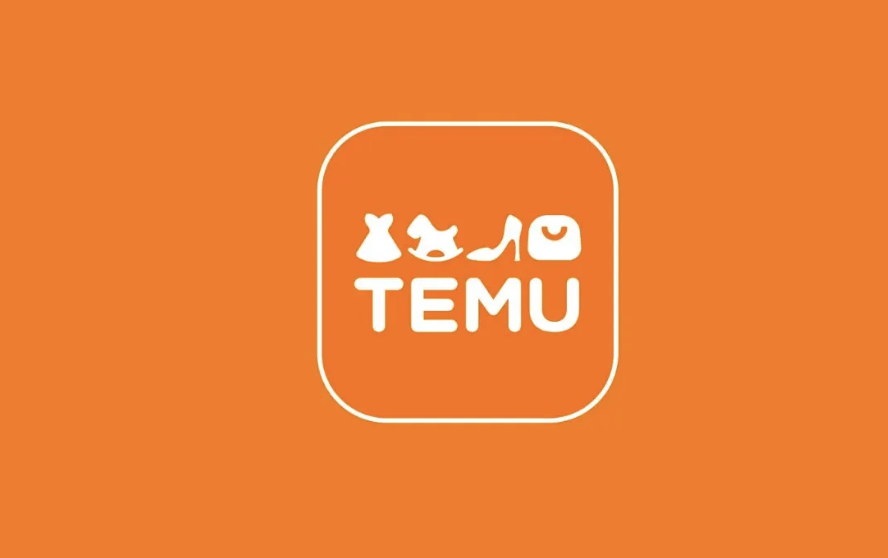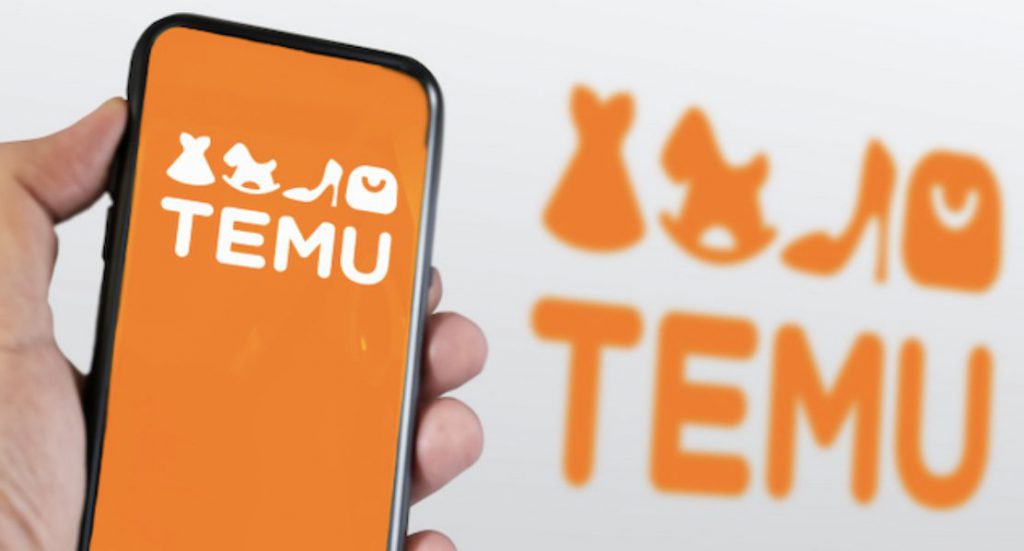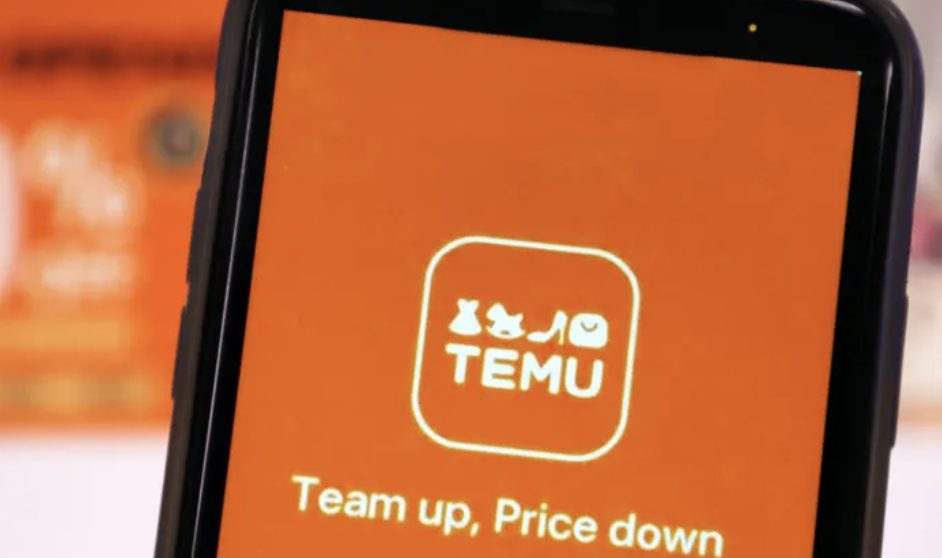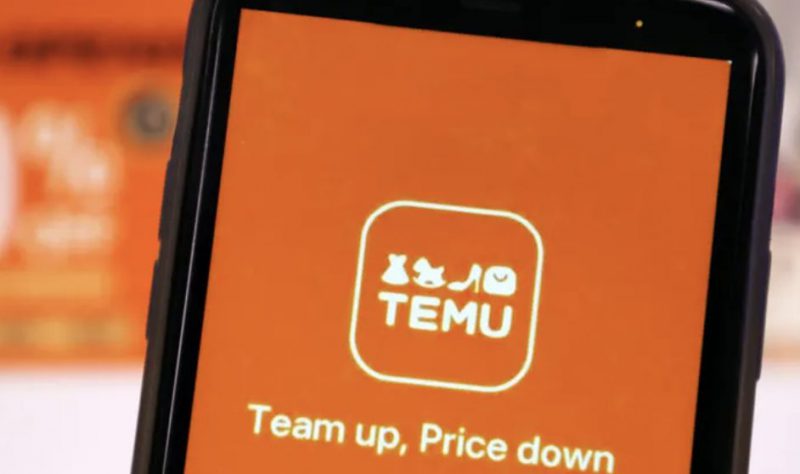A Comprehensive Guide: Is Temu Dangerous?
The rise of Temu as a prominent online shopping platform has sparked curiosity and concerns among users, with questions lingering about its safety and legitimacy.
In this guide, we embark on an exploration of Temu, delving into its ownership, legitimacy, data collection practices, safety measures, and the overarching controversy surrounding its parent company, PDD Holdings.
Also read: How to Stop Temu Ads ? (2024)


What You Need to Know: Is Temu Dangerous?
What is Temu?
Temu, introduced to the digital landscape in 2022, positions itself as an e-commerce platform, akin to industry giants like Amazon.
Operating both through a website and an app, Temu facilitates transactions between individual vendors and consumers across a diverse array of products.
Who Owns Temu?
Owned by the Chinese company PDD Holdings, Temu’s parent company, PDD, raises eyebrows due to concerns about the influence of the Chinese Communist Party.
Furthermore, despite claims of operating from Boston, the parent company’s base in Shanghai adds a layer of complexity to Temu’s narrative.


Is Temu legitimate?
While Temu is a legitimate e-commerce entity, it lacks accreditation from the Better Business Bureau (BBB), a standard for major retailers.
Noteworthy is the absence of accreditation, and concerns regarding authenticity emerge as tech items, resembling those from major brands, are found to be unauthenticated.
Also read: 7 Best Meme Coins to Buy During the Cryptocurrency Bull Run
Safety and Data: Navigating the Temu Landscape
Data Gathering Practices
A report by Grizzly Research has highlighted potential concerns about Temu’s data-gathering practices, suggesting the app may escalate its privileges, collecting more data than necessary. This aligns with past concerns about PDD’s data practices and prompts a closer look at Temu’s approach.


Data Types Collected
Temu gathers various user data, including personal information, purchase history, and even photos and videos.
Furthermore, while much of this is listed as optional for “app functionality,” the fact that it resides with a Chinese company with a history of alleged privacy infringement raises eyebrows.
Safety Measures in Place
Furthermore, Temu claims to encrypt user data and offers a Purchase Protection Program for refunds. The program allows users to claim a full refund within 90 days under specific conditions, providing a layer of consumer protection.
Additionally, standard security measures, including HTTPS and encryption protocols, are employed for payment handling.
Guidelines for Safe Shopping on Temu
Navigating User Reviews
Exercise caution with vendors having few reviews. Prioritize those with high-volume positive feedback for informed decisions.
Furthermore, Temu’s strength lies in affordable pricing rather than the proven quality of merchandise. It is advisable to start with smaller purchases to gauge the reliability of the platform.
A spokesperson for Temu has reached out and mentioned the below:
“At Temu, protecting the user’s privacy is a core principle. We are upfront about how we use data to run our platform and improve the user’s experience. We collect the minimum information necessary to:
- Manage and complete orders
- Deliver our services and process payments
- Communicate with the user about their orders, our products, and offers that might interest them
- Personalize the user’s shopping experience and make product recommendations
We are always transparent about the potential collection of data. If there’s a chance we might use the user’s information for a specific purpose, we’ll clearly inform them.
This aligns with the strict standards set by app marketplaces like Apple’s App Store and Google Play. Every single user can view the permissions that Temu seeks on the website or app under “Settings” or at https://www.temu.com/au/permission.html.
For a deeper dive into our stance on data protection, users may also visit our comprehensive Privacy Policy at https://www.temu.com/privacy-and-cookie-policy.html.
While we disclose all potential data collection, in practice we only collect and use the absolute minimum needed to operate our service effectively.
As part of Nasdaq-listed PDD Holdings Inc., we adhere to rigorous regulatory oversight. Our commitment to privacy informs every aspect of how we handle user data.
Additionally, in February, Temu received the Mobile Application Security Assessment (MASA) certification from Berlin-founded DEKRA, the world’s largest independent provider of testing, inspection, and certification services.
DEKRA is one of six labs authorized by Google to conduct the MASA test, which involves testing an app for vulnerabilities, assessing data protection mechanisms, and ensuring compliance with best practices in mobile application security.”
Protecting Your Account
As with any online account, maintaining a strong password is essential. Using trusted payment interfaces like PayPal adds an extra layer of security, reducing the risk of unauthorized access.
Staying Informed
Temu being a relatively young company necessitates staying informed about its developments. Regularly checking for news related to Temu ensures awareness of any emerging scandals or revelations.
The Temu Controversy: Balancing Privacy and Bargains
The overarching controversy surrounding Temu revolves around the data-gathering practices of its parent company, PDD Holdings.
PDD, with a privacy infringement history, faced backlash; its sister site Pinduoduo got removed from Google Play for privacy issues.
The subsequent firing of developers from Pinduoduo, who found roles within the Temu development team, adds complexity to the privacy debate. Users must grapple with the question: Is the lure of bargains worth potential compromises in privacy?
A Temu spokesperson has reached out and mentioned the below:
“Last year, we received a notification from Google stating that the Pinduoduo app violated Google’s policy. At the same time, apps from Tencent and Kuaishou were also removed from the Google Play Store. None of these apps have been relisted since then.
Some competitors and short-sellers have falsely claimed that the app contains malware for their various agendas. Yet, the investment community recognizes the lack of credibility in these claims and has shown its confidence in us. The subsequent rise in PDD Holdings’ stock price after these unfounded short-selling reports stands as a robust rebuttal to such allegations.
The specific Pinduoduo app version removed was designed for a small audience of overseas Chinese speakers and was distributed across multiple platforms. Given the direction our business is taking, the need for maintaining this version has significantly diminished. We have no current plans to reintroduce the overseas simplified Chinese version of the Pinduoduo app given the extra maintenance it would entail.”
Conclusion: Is Temu Dangerous?
In conclusion, as users navigate the realm of Temu, balancing the appeal of discounted offerings with privacy concerns becomes paramount.
Informed decision-making, cautious purchasing, and vigilance in monitoring Temu-related news collectively contribute to a safer and more transparent online shopping experience.





